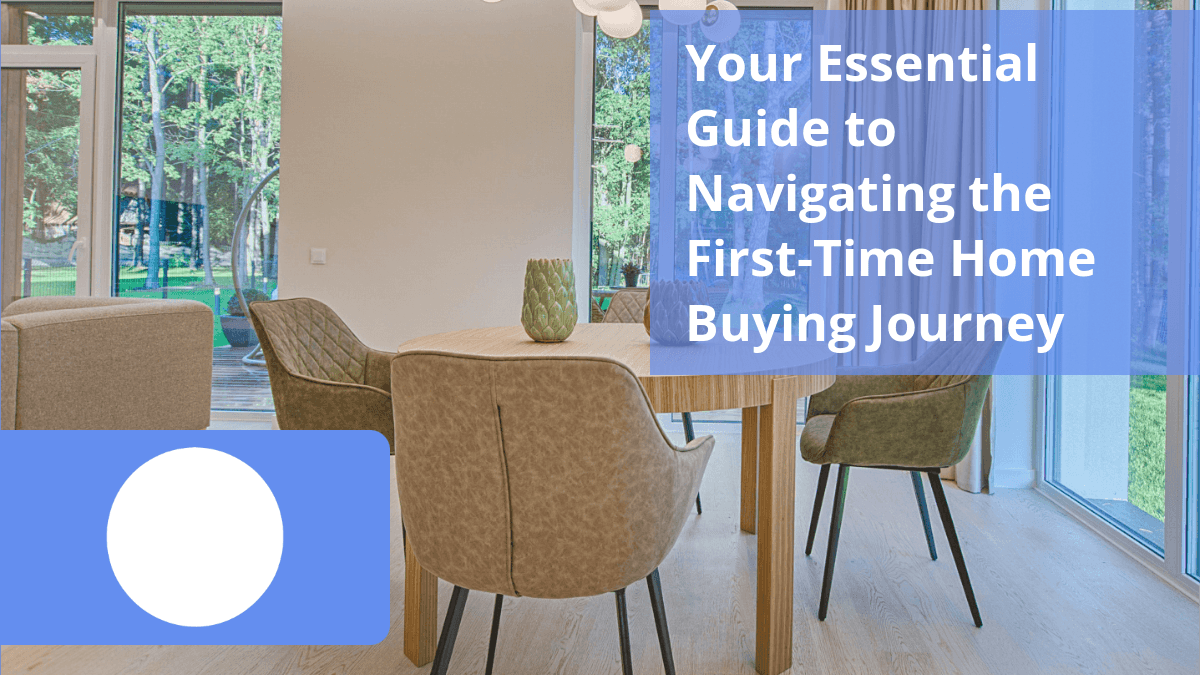Your Essential Guide to Navigating the First-Time Home Buying Journey

Buying your first home is an exciting journey, filled with many important steps. Understanding the process can help make this experience smoother and more enjoyable. When you embark on this adventure, having a clear plan is essential. Knowing what to expect helps reduce stress and empowers you to make informed decisions.
One of the first things to consider is your budget. Take time to assess your finances. Look at your income, savings, and any other expenses you have. This will help you determine how much you can afford to spend on a home. Make sure to factor in costs beyond the purchase price, such as property taxes, insurance, and maintenance. A good rule of thumb is to aim for a home price that does not exceed three times your annual salary.
Next, it’s important to understand your credit score. Lenders use this score to evaluate your borrowing power. A higher score often leads to better mortgage terms. If your score needs improvement, consider paying down debts and making payments on time. This proactive approach can positively impact your score and help you secure a better mortgage.
Once you've determined your budget and checked your credit score, it’s time to get pre-approved for a mortgage. This process involves a lender reviewing your financial situation and determining how much they are willing to lend you. Being pre-approved is a critical step because it shows sellers you are a serious buyer. It gives you a clearer picture of your price range and helps you act quickly when you find a house you love.
When you begin your house hunt, create a list of must-haves and nice-to-haves. Knowing what features are essential for you—like the number of bedrooms or a backyard—will help narrow down your search. Make sure to also think about the location. Consider factors like schools, commute times, and nearby amenities. These elements will greatly impact your daily life and satisfaction with your home.
As you find homes you’re interested in, be ready to attend open houses and schedule private showings. Take detailed notes and pictures during your visits. This will help you remember which homes stood out and why. Don’t hesitate to ask questions about the property; understanding its condition and history is vital.
When you find the right home, it’s time to make an offer. Your real estate agent can help you craft a competitive offer based on market conditions and the home's value. Remember, negotiation is common in real estate transactions, so be prepared to discuss terms with the seller.
After your offer is accepted, there will be several important steps to follow. This includes getting a home inspection, which can reveal any hidden issues with the property. If significant problems arise, you might need to negotiate repairs or consider walking away from the deal. Your agent will be invaluable during this stage, helping you navigate any challenges.
Once everything is in order, you’ll move towards closing the deal. This step includes signing numerous documents and finalizing your mortgage. Make sure to review everything thoroughly and ask questions if you don't understand something. This is a significant investment, and it’s crucial to be fully aware of what you are agreeing to.
Throughout this journey, remember that you are not alone. Our team of knowledgeable mortgage loan officers is here to support you every step of the way. If you have questions or need assistance, don’t hesitate to reach out. Understanding your specific needs is our priority, and we are committed to helping you achieve your dream of homeownership. Your new home is closer than you think, and we are excited to be a part of your journey!
qabcdefghijklmnopqrstuvwxyz
Get Your
FREE eBOOK

First Time Home Buyers Guide
Test form disclosures